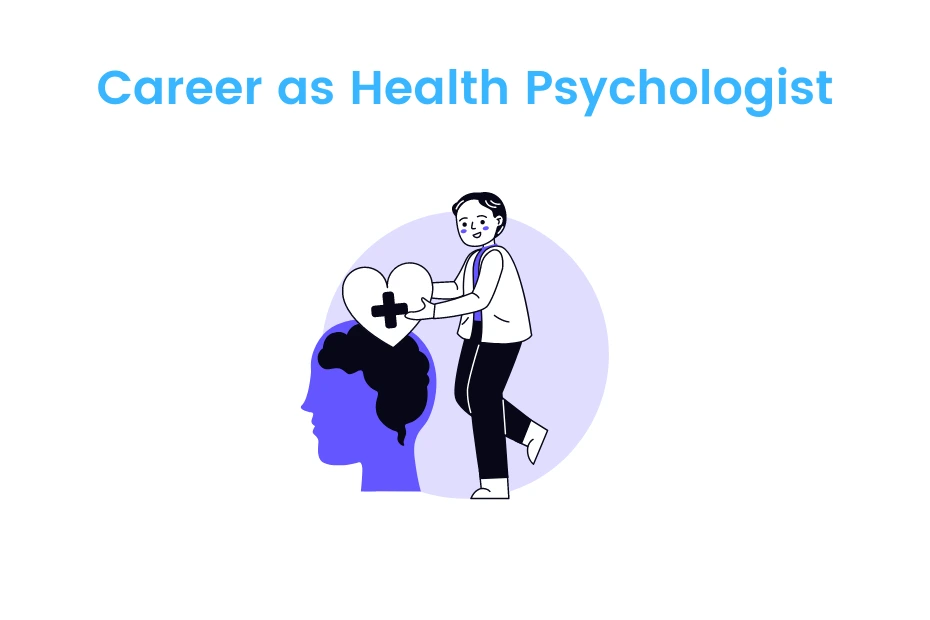Leading Factors to Consult the Best Psychologist in Delhi for Your Emotional Wellness
Leading Factors to Consult the Best Psychologist in Delhi for Your Emotional Wellness
Blog Article
Psych Therapy: A Comprehensive Guide to Results and methods

Cognitive-Behavioral Treatment
Cognitive-Behavioral Therapy (CBT) is an extensively used psychotherapeutic technique that concentrates on identifying and customizing useless reasoning and habits patterns. Created in the 1960s by Aaron T. Beck, CBT integrates cognitive and behavioral theories to attend to numerous mental health concerns, including depression, anxiety, and stress-related disorders.
Strategies such as cognitive restructuring, direct exposure treatment, and skill-building exercises are typically employed. Cognitive restructuring entails tough and modifying adverse idea patterns, while direct exposure therapy aims to lower fear and anxiousness with progressive exposure to been afraid items or circumstances.
Evidence-based research sustains the efficacy of CBT for a large range of mental problems - Best Psychologist in Delhi. Its focus on skill acquisition and self-help strategies equips clients to proceed progress individually after therapy concludes. The versatility and effectiveness of CBT have actually made it a cornerstone in contemporary psychotherapeutic practice
Psychodynamic Strategies
Rooted in the early concepts of Sigmund Freud, psychodynamic techniques concentrate on checking out the unconscious mind and its impact on behavior and feelings. These approaches aim to reveal concealed ideas and feelings that might be driving maladaptive actions and emotional distress. Central to this method is the concept of inner problem, often coming from unsettled past experiences, specifically those from childhood.
Therapists utilizing psychodynamic strategies employ a number of key approaches, including cost-free association, where individuals are encouraged to talk freely to disclose unconscious product, and dream evaluation, which translates the hidden web content of dreams. Additionally, the expedition of transference and countertransference dynamics within the restorative partnership is important. These communications can offer insights right into the person's interior globe and relational patterns.
Psychodynamic therapy is typically longer-term compared to other methods, using a deep and thorough understanding of the person's subconscious. Research shows that it can be especially efficient for complex psychological health and wellness problems, such as personality conditions and persistent depression. By promoting self-awareness and emotional insight, psychodynamic treatment looks for to bring unconscious material to consciousness, enabling people to achieve meaningful and lasting change in their lives.
Humanistic Methods
Building on the foundations laid by psychodynamic strategies, humanistic techniques supply a distinct perspective focused on private prospective and self-actualization. Coming from in the mid-20th century, these techniques prioritize the intrinsic benefits and development capacity of individuals, emphasizing an all natural view of human experience. Key numbers such as Carl Rogers and Abraham Maslow have substantially affected this healing approach, which includes methods like client-centered therapy and Gestalt treatment.
Client-centered treatment, created by Rogers, plays an essential duty in humanistic strategies. It depends on the specialist supplying see here a setting of genuine favorable regard, compassion, and congruence. This fosters a secure area for clients to explore their feelings and experiences without judgment, helping with self-discovery and personal growth. The specialist's function is even more of a facilitator than an authority, urging try here customers to harness their inner sources for healing.
Gestalt treatment, an additional essential humanistic strategy, stresses existing minute recognition and the integration of mind and body. By concentrating on the "right here and now," customers gain higher understanding into their existing feelings and habits. Techniques such as role-playing and led visualization are usually employed to assist clients get a much deeper understanding of themselves, eventually causing improved self-awareness and gratification.
Integrative Treatments
Integrative treatments stand for a synthesis of various healing methods tailored to fulfill the special requirements of each customer. This method acknowledges the complexity of human psychology and the multifaceted nature of mental wellness problems. By combining aspects from different colleges of psychiatric therapy-- such as cognitive-behavioral treatment (CBT), psychodynamic therapy, and humanistic methods-- integrative treatments offer an even more adaptable and all natural treatment standard.
Practitioners of integrative treatment analyze each client's certain needs, signs, and individual history to design a tailored treatment strategy. This individualized approach improves the capacity for healing success by resolving the origin causes of emotional distress and promoting general well-being. Techniques may consist of mindfulness exercises, cognitive restructuring, and emotional handling, each picked to target different elements of the customer's issues.
In addition, integrative treatments stress the healing partnership, viewing the client-therapist bond as a crucial part of efficient treatment. This partnership cultivates a supportive atmosphere where clients feel risk-free to explore and resolve their concerns. The adaptability of integrative therapies makes them appropriate for a wide variety of problems, consisting of anxiety, depression, injury, and social problems, consequently raising image source their applicability and performance in diverse scientific setups.

Measuring Therapy End Results
Examining the effectiveness of psychiatric therapy is critical for both medical professionals and clients to make certain that the therapy is yielding the wanted outcomes. To achieve this, numerous techniques and devices are employed to determine therapy results systematically. Standardized analysis instruments, such as the Beck Clinical Depression Inventory (BDI) and the Generalized Stress And Anxiety Disorder 7 (GAD-7), provide measurable information on symptom intensity and modifications with time.
In addition to standard devices, qualitative techniques like customer self-reports and clinical interviews provide valuable insights right into the individual experiences and regarded development of customers. Frequently set up evaluations, normally at the start, omphalos, and end of therapy, assistance in tracking the trajectory of renovation or identifying areas requiring adjustment.
Outcome measurement is not limited to symptom decrease; it additionally encompasses practical enhancements in everyday life, such as much better social connections, increased work productivity, and improved overall well-being. Modern advancements in electronic health and wellness have introduced mobile apps and online platforms that facilitate real-time monitoring and feedback, further refining the analysis procedure.
Eventually, a detailed technique to determining therapy outcomes guarantees that therapeutic treatments work, reliable, and customized to satisfy the private needs of customers, therefore maximizing the general therapeutic experience.
Conclusion
Psychiatric therapy uses a diverse range of techniques focused on resolving certain mental health concerns and improving overall health. Cognitive-Behavioral Treatment and psychodynamic methods target subconscious influences and useless ideas, respectively. Humanistic strategies focus on individual growth and self-actualization, while integrative treatments integrate multiple techniques for tailored therapy plans. Examining therapy end results with qualitative methods and standard evaluations guarantees a thorough understanding of efficiency, ultimately assisting customers toward sustaining mental health and wellness improvements.
From the organized technique of Cognitive-Behavioral Treatment (CBT) to the deep exploration of the unconscious in psychodynamic therapy, each technique brings one-of-a-kind advantages. Its emphasis on skill purchase and self-help methods encourages customers to proceed progress independently after therapy wraps up (Best Psychologist in Delhi). Secret numbers such as Carl Rogers and Abraham Maslow have actually considerably influenced this restorative technique, which incorporates approaches like client-centered treatment and Gestalt treatment

Report this page